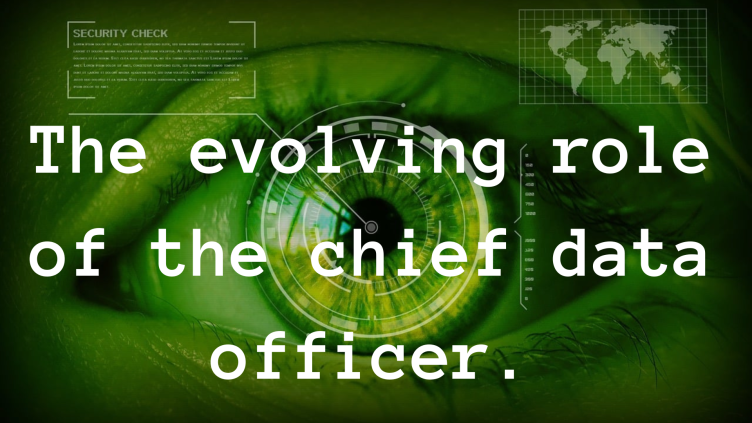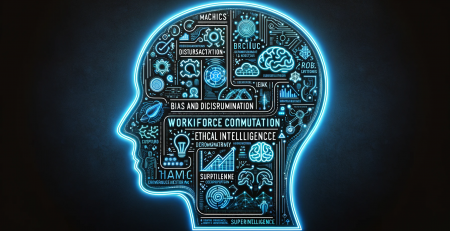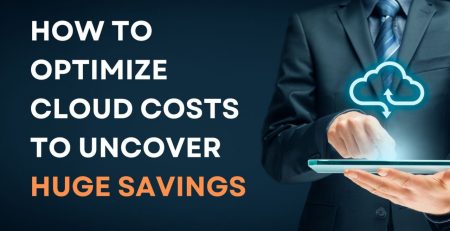The Evolving Role of the Chief Data Officer (CDO) – 8 Actions
The role of the Chief Data Officer (CDO) is rapidly emerging, yet it often remains a work in progress with little agreement on how it provides value to a business’s operations.
So, what are 8 things a Chief Data Officer (CDO) needs to do to evolve the value of their business delivery role❓
1. Incorporate Analytics and Artificial Intelligence (AI):
CDOs can significantly prove their worth by incorporating Analytics and Artificial Intelligence into their responsibilities. Taking on, or creating, an analytics and AI function that creates new business value should to be a key part of their role. Deep technical know-how of data analytics and AI is not a prerequisite for CDOs as the role leans more towards the business than data – but adding tangible, measurable business value from data and AI should be a key part of any CDOs role. Therefore, a degree of competence in both is required.
2. Championing Data Products:
Value creation can be achieved by amalgamating data, analytics, and AI into self-contained data ‘containers’ the directly address specific business problems or customer issues. The inclusion of data product managers can streamline the interaction between business heads and data teams, maintaining a cohesive approach to business problem-solving.
🔗 Useful article: What Is A Data Product And What Are The Key Characteristics? (forbes.com)
3. Over Emphasis on Measurable Outcomes:
To ascertain the value of a CDOs contribution, measuring and documenting their results is vital. Organizations can use data not just to create valuable benefits, such as higher customer satisfaction and more streamlined processes, but also to “purposefully realize financial value — in P&L money terms — to improve their bottom line.”
Partnering with a finance departments can help CDOs validate the effectiveness of data initiatives. But tangible ROI needs to be delivered as spending money on data management and AI is an expense that needs to pay for itself many times over.
Rather than guess at that value, finance can help CDOs put tangible, verifiable dollar measures in place with finances support.
🔗 Useful article: 📕 A-Z Of Generative AI and ChatGPT – Chapter A
4. Strategic Targeting in Initial Stages:
For organizations newly stepping into the data analytics and AI, focusing on a few strategic use cases like supply chain optimization can delivery value swiftly. It is key that CDOs get a win on the board to build faith and momentum for their sponsor initiative. Success breeds success and will encourage the necessary further support for a data analytics and AI projects to succeed across the business.
5. Scaling Analytics for Mature Organizations:
Experienced organizations should concentrate on scaling initiatives, creating reusable datasets, and re-architecting data platforms to support a robust current and future data and analytics pipeline. A ‘platform’ strategy focuses on creating and maintaining a robust, scalable, digital platform that connects multiple interdependent participants together and enables data to scale.
🔗 Useful article: 📕 A-Z of Generative AI and ChatGPT – Chapter B
6. Governance, Ethics and Compliance:
CDOs data technological ambitions should never outpace our commitment to responsible and ethical practices. CDOs must implement a robust governance structure that’s inherently integrated into a data architecture to promote the correct data practices and ensures adherence to data privacy, ethics and compliance norms. As the power of data and AI, increases, so does CDOs responsibility to ensure it is used ethically and securely.
7. Cultivating a Data-Driven Culture with Peers
CDOs make data everybody’s business. So, establishing a culture that is fundamentally data-driven is imperative.
CDOs should foster relationships with other business leaders who understand the value of data and can act as advocated for key data products – these people act as change catalysts within the organization and they need to feel supported.
Persuasion science needs to be a key learning of any CDO who needs to influence their peers but financial impact will always work if words alone wont.
🔗 Useful article: 📕 The A-Z of Generative AI and ChatGPT – Chapter C
8. Build a Data and AI Architecture
Just as the CHRO must build a ‘fit for business purpose’ resource architecture, CDOs must build data and AI architectures fit for everyday business purpose.
A data architecture is the framework for how data is managed in an organization. It describes the structure, policies, and rules of data assets and data management resources. It supports data strategy, data processing, and data applications.
It is the responsibility of CDOs to ensure data architecture is purposeful and fit for scaled, data and AI business use.
🔗 Useful article: 📕 ERP Today Generative AI for the enterprise – Pascal BORNET and Kieran Gilmurray
Conclusion
The role of the Chief Data Officer is pivotal in weaving data and analytics into the organizational fabric. While the approaches vary depending on organizational maturity and specific needs, the central theme is to manifest value at every juncture.
By maintaining a balanced focus on governance, ethics, relationship-building, strategic targeting, value creation and culture cultivation, CDOs can play a pivotal role in transforming organizational data landscapes.
The journey might be nuanced and laden with challenges, but with the correctly calibrated strategies, CDOs can catalyse data-driven revolutions in their respective organizations.

Need help understanding Data Analytics, Intelligent Automation and Generative AI and how they apply to your business ❓
Then book a FREE 30 minute introductory call so we can discuss your specific Intelligent Automation, Data Analytics, Artificial Intelligence and Generative AI needs today – click here.










Leave a Reply